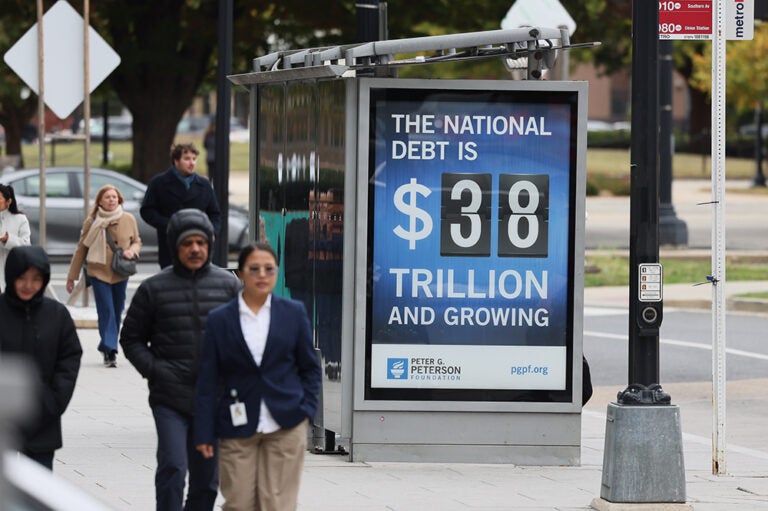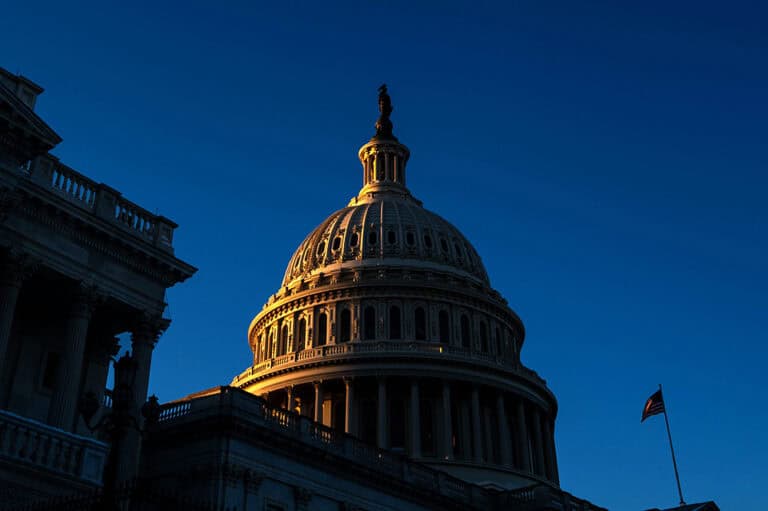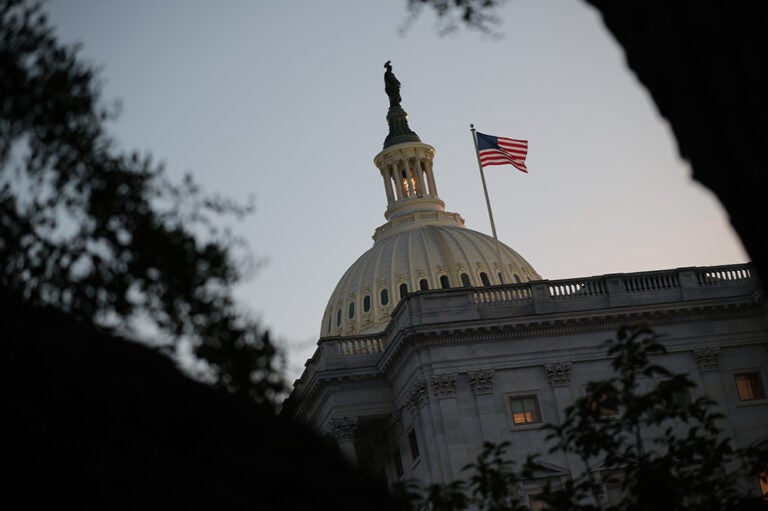Heading into the 2020 elections, the vast majority of Americans are urging leaders in Washington to address the unsustainable national debt and budget deficit. Public concerns and calls for action on fiscal solutions have been measured in at least 11 different polls this year. Here is a listing with highlights.
- The Democracy Poll: 52% of voters think the national debt and deficit is the biggest economic problem, above inequality, wage stagnation and slow growth, and 82% said they even support the government reducing it in a recession.
- The Economist/YouGov: 83% of Americans say the budget deficit is an important issue.
- The latest Financial Times-Peterson US Economic Monitor Six in ten voters believe that management of the national debt is on the wrong track (38% right direction/62% wrong track). Voters are most concerned about the debt’s effect on Social Security and Medicare, as well as the impact of interest on the debt on other priorities, including climate change, education, infrastructure and national defense.
- The January Fiscal Confidence Index: 85% of voters say the president and Congress should spend more time focused on addressing the debt. Three in four voters (78%) want it to be a top-three priority for the president and Congress, including 75% of Democrats, 79% of independents and 82% of Republicans.
- Gallup: 95% of Americans worry about the budget deficit, including 50% a “great deal.”
- The Hill-HarrisX poll: 52% of Americans said the federal budget deficit needs to be addressed, and the other 48% weren’t necessarily against addressing but said other things should be done first.
- Morning Consult-POLITICO: More than four out of five voters consider reducing the federal budget deficit to be an important priority for Congress — more than any other issue asked about in the poll.
- Morning Consult-POLITICO: Found that 75% of registered voters think that reducing the federal budget deficit is a “top priority” or an important priority.
- Pew: 90% of Americans believe reducing the national debt should be a top or an important priority for the federal government to improve quality of life for future generations.
- Pew: 53% of Americans think the Federal Budget Deficit is a “very big problem,” and 38% said it was a “moderately big problem.”
- POLITICO-Harvard: Americans consider “substantially” reducing the federal budget deficit as a top-five domestic priority for President Trump and Congress. Six in 10 Americans agree it is an “extremely important” or “very important” priority, including 60% of Democrats and 65% of Republicans.
With the national debt eclipsing $23 trillion, annual deficits above $1 trillion (and rising), and interest costs coming in at $1 billion every day, it’s no surprise that Americans feel strongly about the need to come together around solutions to put us on a more stable path. Doing so will help build a strong economic future for our nation, with widely shared economic opportunity and prosperity.
Image credit: Photo by iStock/Getty Images
Further Reading
What Is the National Debt Costing Us?
Programs that millions of Americans depend on and care about may be feeling a squeeze from interest costs on our high and rising national debt.
Interest Costs on the National Debt Are Reaching All-Time Highs
The most recent CBO projections confirm once again that America’s fiscal outlook is on an unsustainable path — increasingly driven by higher interest costs.
New Report: National Debt Outlook Gets Worse as Interest Costs Exceed $1 Trillion Annually
A new CBO report shows that the national debt outlook worsened from last year’s projections.


